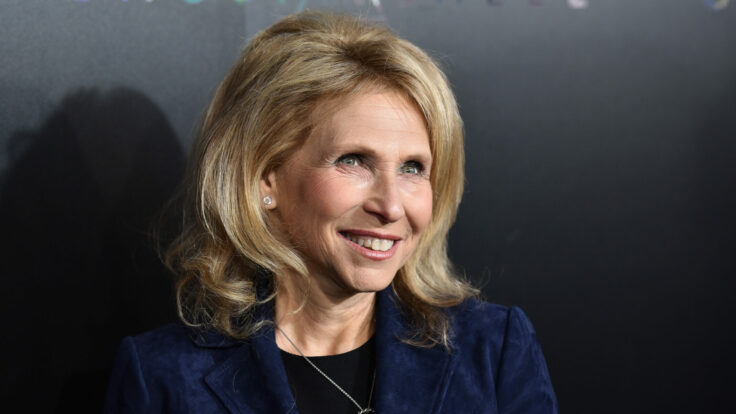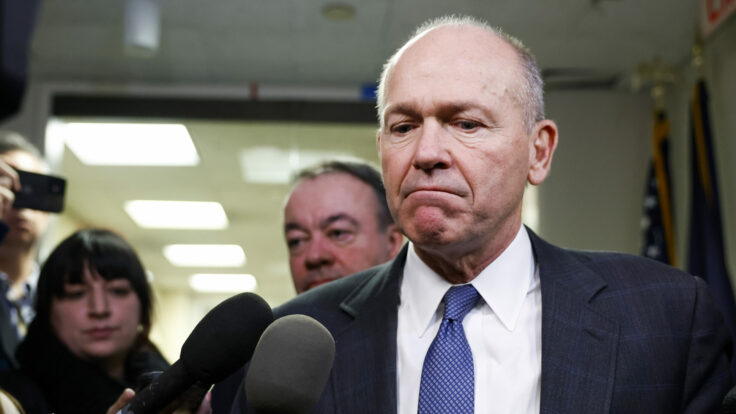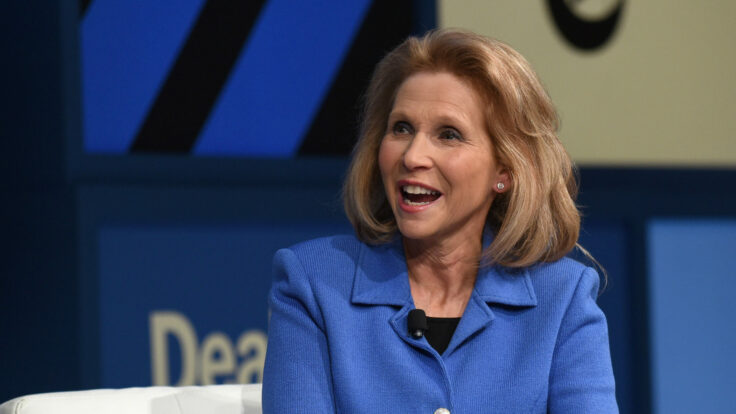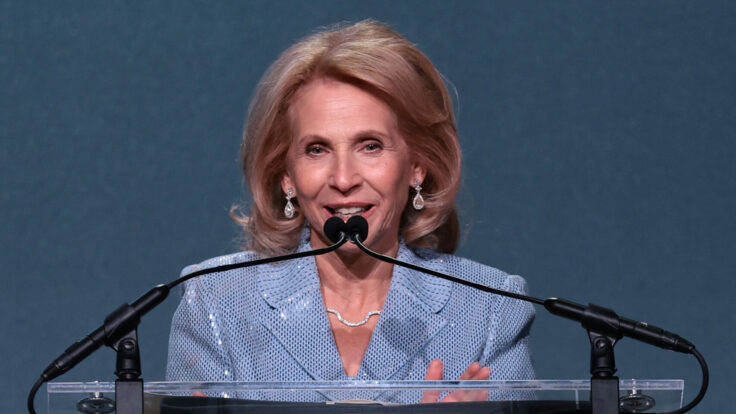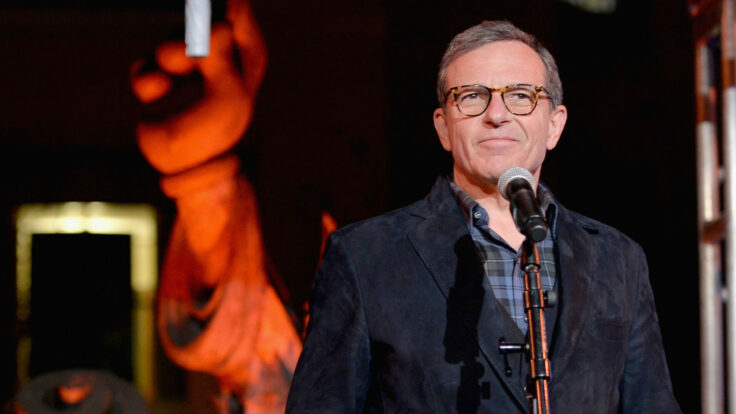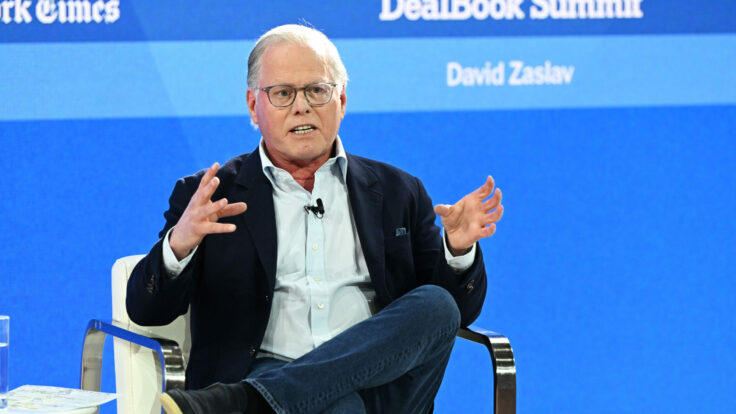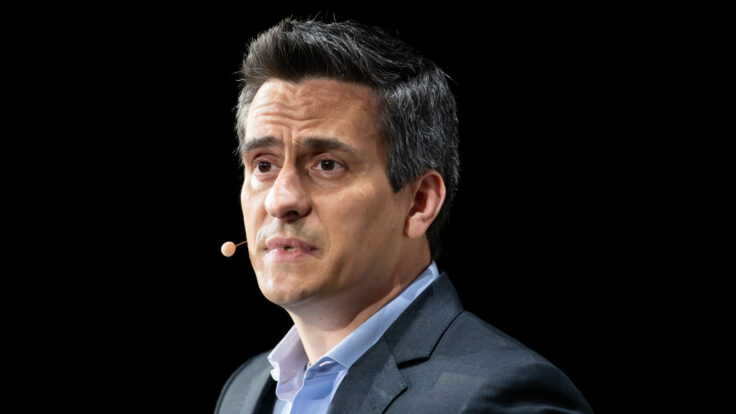“The only way to get to success,” Ari Emanuel recently told New Yorker writer Connie Bruck, “[is that] you realize you are going to fuck it up and you gotta just start going to work. There’s a boxing or UFC analogy: You gotta bite down on your mouthpiece and start fighting! You have to be willing to take the emotional damage. People get exhausted from that beating. I don’t know why I don’t.”
Emanuel, of course, was referring to his own bildungsroman of the super agent who becomes a legitimate Hollywood mogul. And like any screenplay, this story had some second act problems. Back in 2019, Emanuel had led Endeavor, his entertainment live-event business roll-up, to the brink of an I.P.O. before pulling out at the very last moment. Inside WME, his talent agency, morale plummeted, and Emanuel endured his fair share of wound-licking in a town that knows how to eat its own. But two years and a pandemic later, Emanuel appeared chastened yet unexhausted by the beating. WME had been slimmed down. Endeavor Holdings bought out the remaining position in UFC, one of its many live-event portfolio companies. Most mesmerizingly, Emanuel had positioned Endeavor as a “reopening play”—a serendipitous way for investors to bet on the revitalization of the global economy as the pandemic receded.






